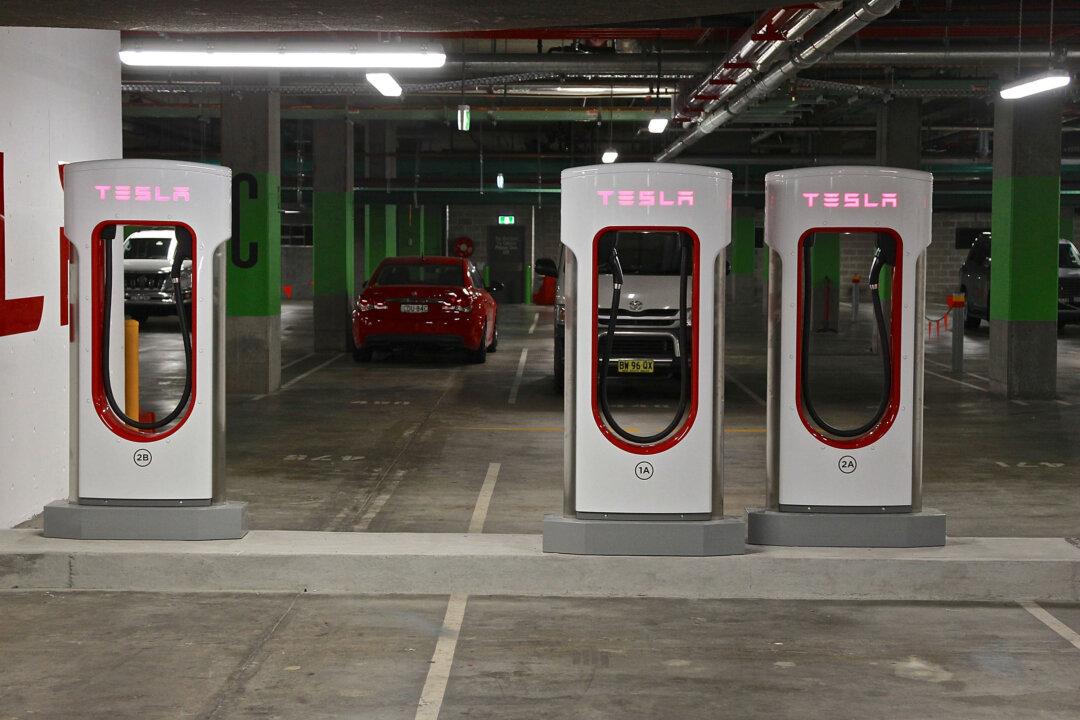Energy experts have warned that Australia could be subject to cyber-attacks and widespread power outages as more electric vehicles (EVs) connect to the national power grid unless the government takes proper measures early.
They said the cyber security issue had not been raised among the discussions on Australia’s National Electric Vehicle Strategy and thus needed to be prioritised.





